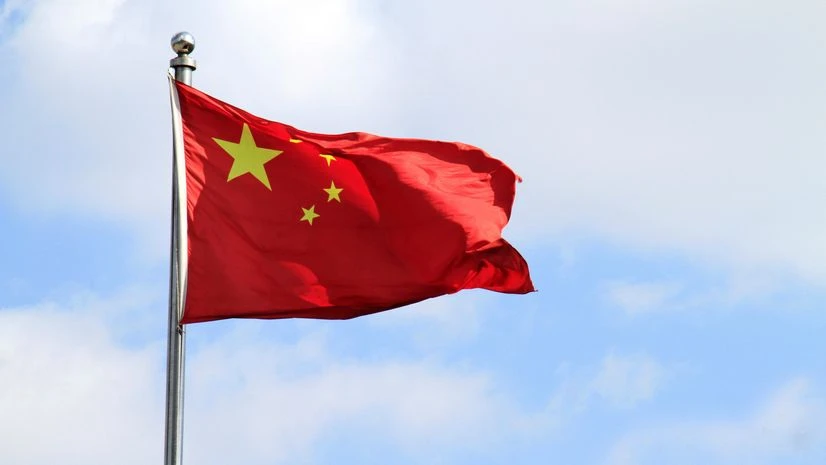China's factory activity shrank for a fifth straight month and the services sector slowed sharply in September, suggesting Beijing will need even more stimulus to hit its 2024 growth target with only three months left in the year.
The National Bureau of Statistics (NBS) purchasing managers' index (PMI) released on Monday nudged up to 49.8 in September from 49.1 in August, still below the 50-mark separating growth from contraction but beating a median forecast of 49.5 in a Reuters poll. The reading was the highest in five months.
However, paired with a downbeat private-sector Caixin survey and weak service PMIs, the data showed China's factory and consumer activity remains a pain point for policymakers who acknowledged the economy faces "new problems" and have called for more forceful stimulus.
Authorities last week launched their most aggressive stimulus package since the COVID-19 pandemic, which helped China's stocks post their best weekly performance in nearly 16 years. Share markets extended their rally on Monday.
Economists say while the PMIs showed some bright spots for manufacturing, the bigger question now is on whether last week's big policy announcements, which include loosened property curbs in China's biggest cities, would be enough to kickstart a recovery.
Also Read
"From a macro perspective these policies are not that important, as these cities account for a small share of national property market," said Zhiwei Zhang, chief economist at Pinpoint Asset Management. "The key policy to address the macro challenge remains to be fiscal."
The central bank and top financial regulator on Sunday night unveiled more sweeping measures to aid the housing market, including directives for banks to lower mortgage rates for existing home loans before Oct. 31.
WEAK SERVICES
Analysts expect the stimulus and a reported new 2 trillion yuan ($285.20 billion) bond package should be enough to deliver growth in line Beijing's growth target of around 5%, but the country still needs to tackle issues of weak demand and an increasingly hostile global trade environment.
Signs of persistent consumer weakness were evident in Monday's readings with the official services PMI falling to 49.9 in September, showing the first contraction since December last year. Meanwhile, the Caixin services PMI showed activity in the sector slowed.
Zhao Qinghe, statistician at the NBS, said the decline in the official services PMI was due to the end of summer holiday travel peak and extreme weather such as typhoon in some regions.
The official construction PMI, however, shot up to 50.7 from 50.6 in the prior month.
Reuters reported on Thursday that 1 trillion yuan due to be raised via special bonds will be used to increase subsidies for a consumer goods replacement programme and for business equipment upgrades
.
.
China also aims to raise another 1 trillion yuan via a separate special debt issuance to help local governments tackle their debt problems, Reuters reported.
Officials said last week the programme has already boosted auto sales, home appliances and home decoration products.
As a property downturn weighs on the broader economic recovery, top leaders at a Politburo meeting last week called for efforts to stop the falls in the housing market.
Megacities Shanghai and Shenzhen planned to lift key home purchase restrictions in coming weeks, joining a long list of smaller cities that have done so, Reuters reported on Friday. On Sunday, Guangzhou lifted all home purchase restrictions.
"Attention now shifts to the equity market, particularly property sales and consumption during Golden Week," said Zhou Hao, chief economist at Guotai Junan International.
Chinese households are preparing to kick off the seven-day Golden Week holidays from Tuesday.

)